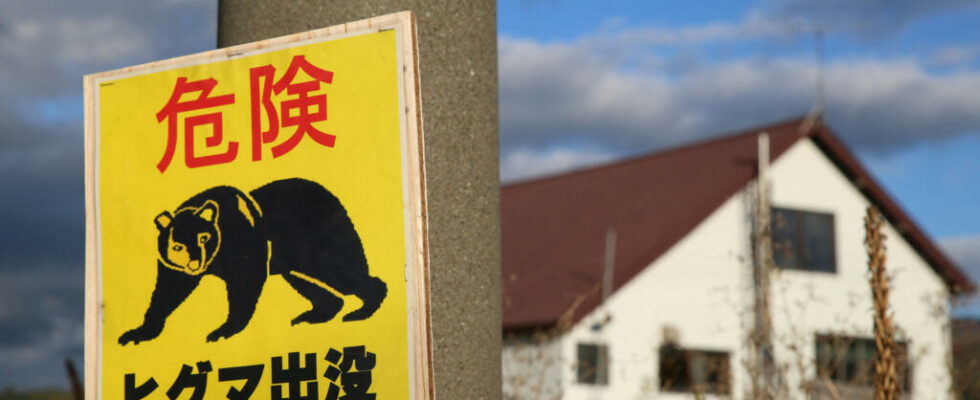Japan will relax its strict hunting laws to make it easier to hunt bears. The Asian country is in fact facing increasing attacks from brown bears and black bears, the two species present on the archipelago. In particular: an increasing population of ursids, the abandonment of rural areas by the population and climate change.
1 minute
There are more than 50,000 bears in Japan. This is three times more than ten years ago. The ursid population was able to rebuild because the extermination campaigns, which accompanied the expansion of cities from the 1960s in Japan, ceased in the 1990s.
The second factor is the decreasing human population. Rural areas are becoming depopulated. Japanese farmers are abandoning rice fields and fields, areas which, until now, provided a buffer between the mountains, bear territory, and the cities.
Finally, global warming is pushing bears to move closer to homes. In forests, rising temperatures affect plant growth and the production of fruits and nuts that bears eat. Beech beechnuts, acorns, chestnuts. Hibernation is also disrupted. Bears stay awake and active longer.
The result is that attacks multiply. Hikers in the mountains, a teenage girl at a bus stop, a supermarket employee. By relaxing the rules for shooting bears, Japan hopes to curb these sometimes fatal attacks. But other strategies exist – waste management, demarcation system, surveillance dogs – to try to coexist better.
Also readJapan: bear neutralized after injuring man in supermarket
